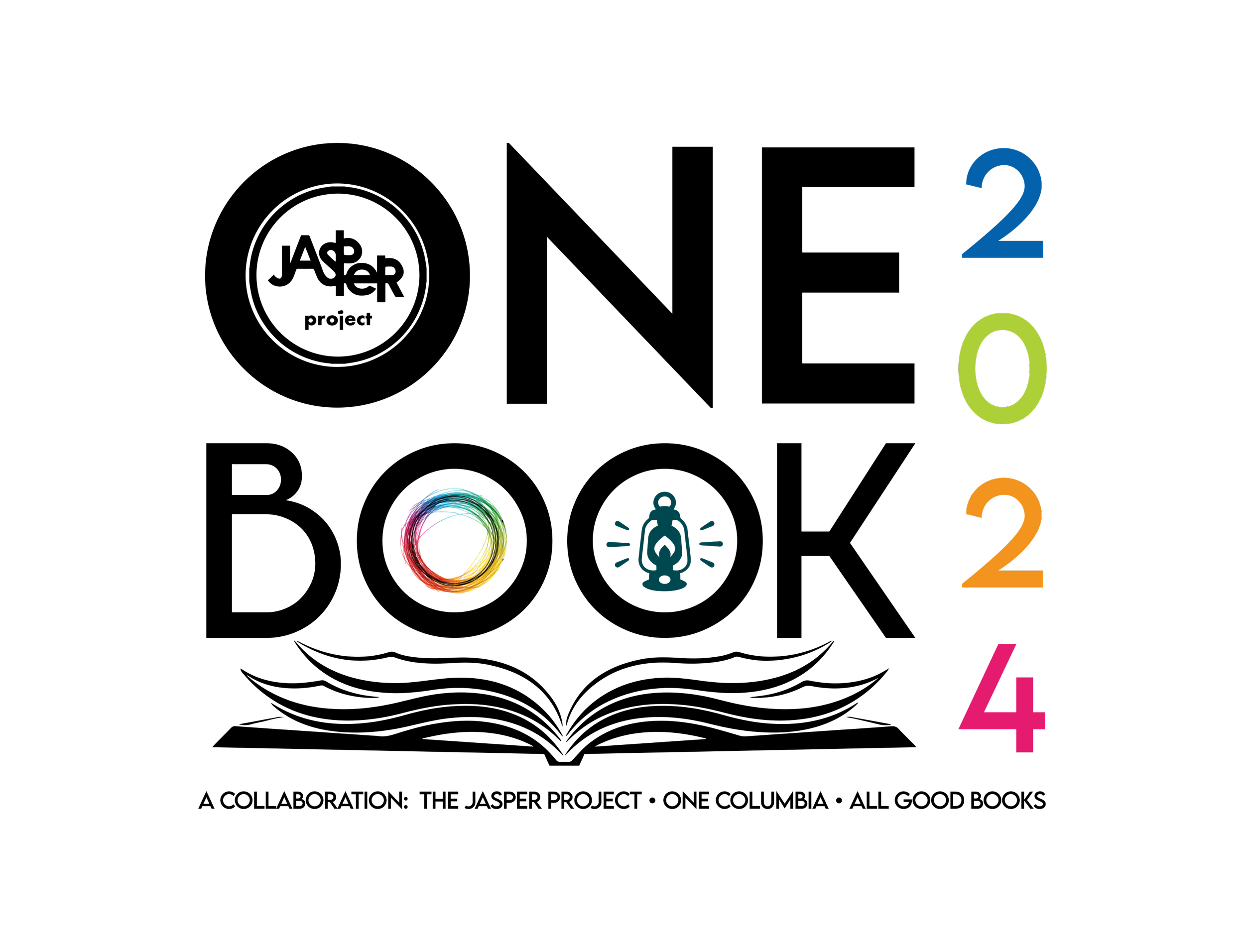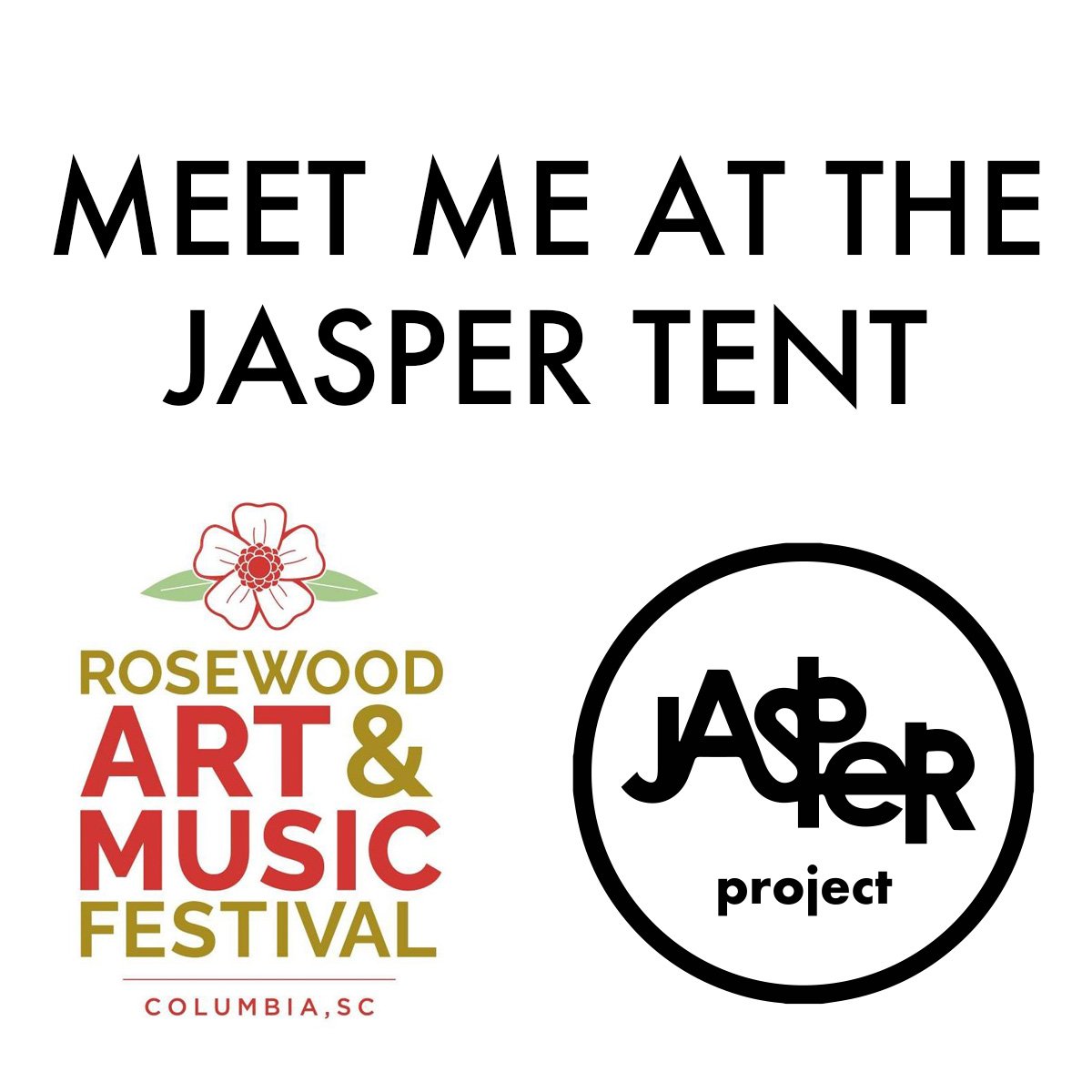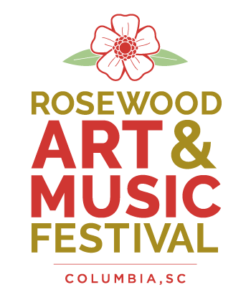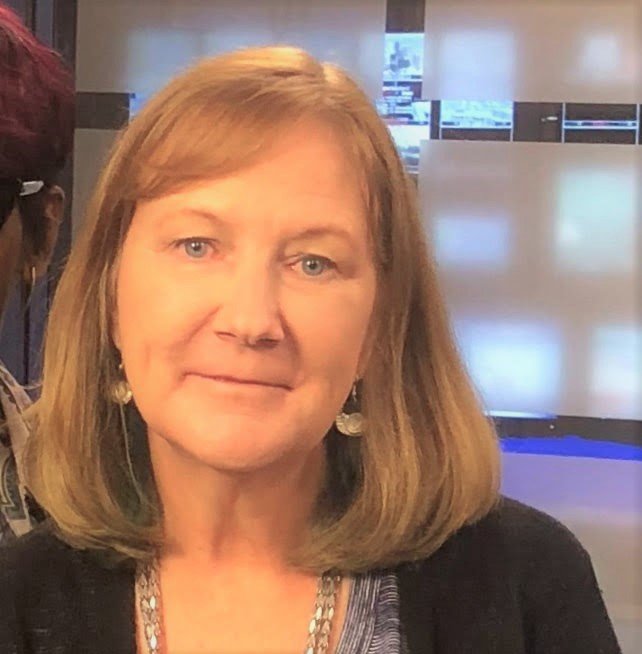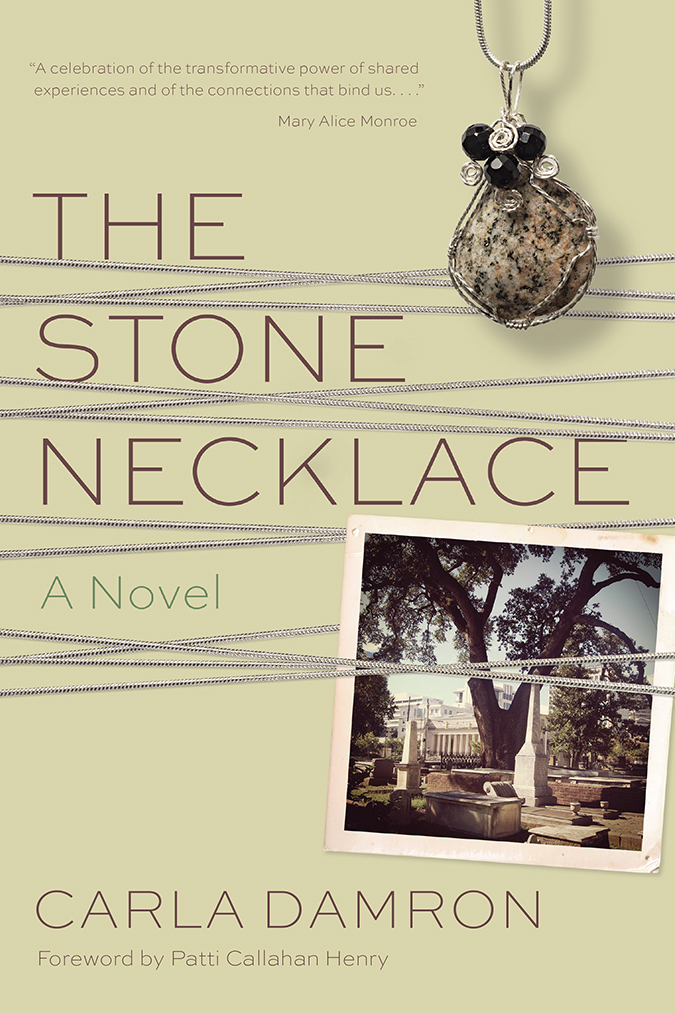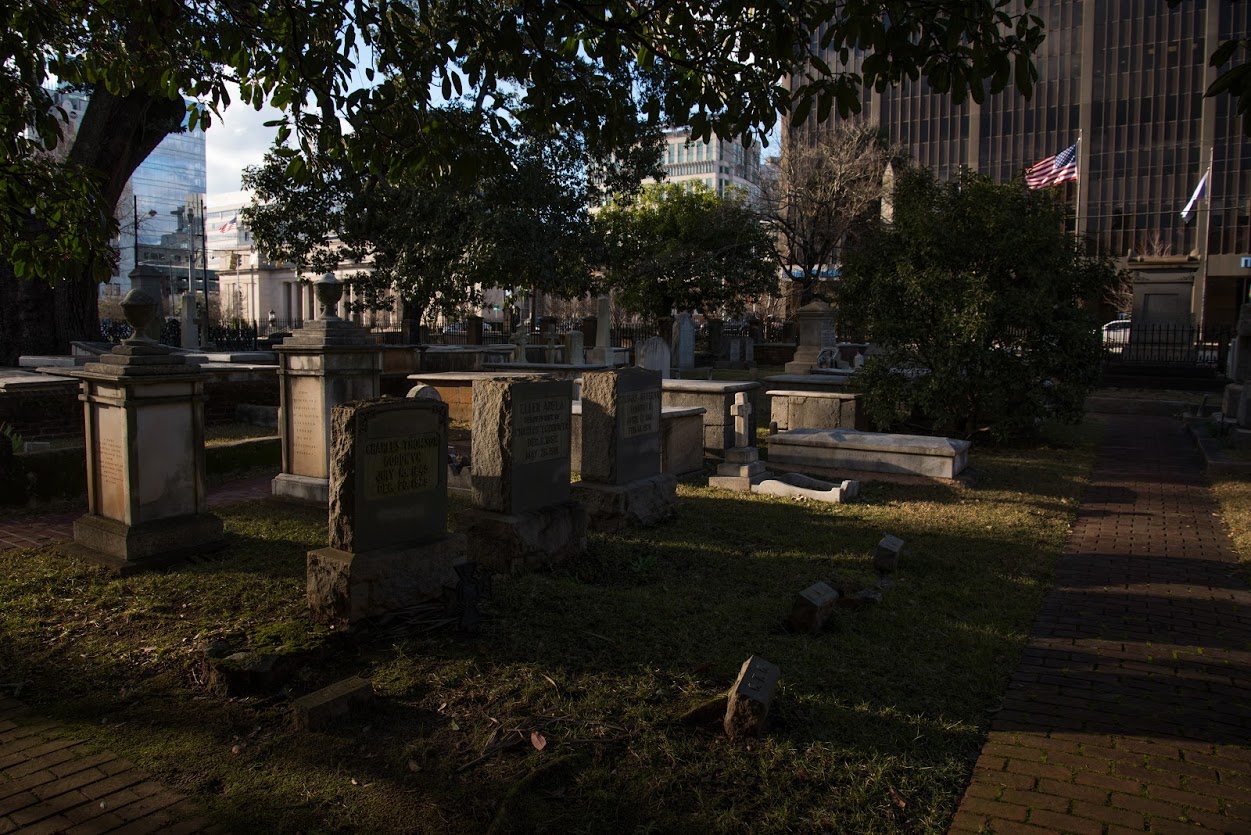By Christina Xan
Carla Damron writes with one foot in the world of fiction and the other in the very real, very personal world of social work. In Columbia, SC where Damron herself is deeply rooted, her books feel less like imported thrillers and more like dispatches from our own streets. Her last novel, The Orchid Tattoo (Koehler Books, 2022), introduced readers to Georgia Thayer, a social worker caught up in a case involving human trafficking. With The Weird Girl (Stillwater River Publications, 2025) Damron continues Georgia’s story, this time shifting the focus to the fentanyl epidemic. The message is clear: these crises don’t just happen out there. They are happening here, woven into the fabric of Columbia. And even more striking, these crises don’t just happen but are willfully created and supported.
The plot begins with a party. Sara Clark, a high schooler, leaves the Hawthorne family’s gathering impaired by fentanyl and is struck by a Hawthorne car. Who was behind the wheel remains unclear at first, and the uncertainty becomes central to the novel’s unraveling. It looks at first like a teenage tragedy compounded by privilege, the kind of scandal that might be swept aside by lawyers and money. But in Damron’s telling, this hit-and-run becomes the key to a much larger story about how fentanyl seeps into schools, families, and emergency rooms. By the time Sara is stabilized in the ER where Georgia works, we’ve already seen this community is tainted: Cooper’s father Fletcher, a solicitor with political ambitions, will do anything to protect his son, even if it means leaning on Marcus Landry, a local drug boss. What follows isn’t so much an investigation as a slow peeling back of how deep the rot goes.
As in The Orchid Tattoo, Georgia is the heart of the novel. She is a foster mother as well as a social worker, and that dual role makes the crisis achingly personal. Her teenager Tessa hovers at the edges of temptation, just one bad decision away from the ER cases Georgia sees night after night. And Georgia herself isn’t a flawless hero: she struggles with the stigma of her own mental health history, and DSS officials question whether she is “fit” to foster at all. That tension—between how institutions judge and how individuals care—gives the book its power.
Pulling from her own experience in care work, Damron writes in short, fast-moving chapters that keep the pages turning. Her style isn’t about excess lyricism or flourish but about clarity and momentum. Conversations carry much of the weight, and sometimes you can feel the exposition slip in a bit too neatly. But the accessibility is the point: the book is designed to move, to pull you through the overlapping crises with emotional immediacy. She also shifts perspectives, weaving between Georgia, the teenagers, the Hawthornes, and even those entangled in the drug trade. That kaleidoscopic structure keeps the story from narrowing into a single vantage point and forces us to see the crisis as it ripples across every layer of the community. The result is a thriller that doesn’t just keep you hooked but keeps you alert to what’s at stake. You don’t forget that Georgia’s exhaustion mirrors that of real ER staff, or that Sara’s overdose echoes the tragedies that have played out in real schools.
What continues to help The Weird Girl stand out from more formulaic crime fiction is how it blends genre with social realism. The bones of a police procedural are here—an abduction, a cover-up, a climactic raid—but Damron keeps pulling us away from the lone-wolf detective narrative. Georgia is no hard-bitten cop; she’s a woman whose strength lies in care, in community, in refusing to look away from suffering. Even the simmering tension between her and Detective Lou, which could feel like a genre cliché, is rooted in trust and mutual reliance rather than sweeping romance. The book isn’t interested in distracting us with passion so much as reminding us that these characters are human, bruised and still reaching for connection.
The strongest thread of all is the way Damron interweaves the personal and the systemic. On one side, our characters each have their own struggles: Georgia holding onto her foster daughter, Sara fighting for her life, Lily Grace abducted after witnessing too much, Tessa wavering between rebellion and trust. These are characters—often women and girls—who do not fit, whose weirdness becomes their power. Their voices are distinct and their struggles tangible, which prevents the fentanyl crisis from collapsing into abstraction. On the other hand, you have the structural forces: Fletcher’s backroom deals, Marcus’s grip on the supply chain, DSS threatening to rip a family apart on a technicality. What could feel like two novels occurring side by side, Damron expertly merges together through her cast of distinct characters and interactions. A party overdose ripples into political corruption, a vigilante firebombing underscores the desperation of citizens abandoned by institutions, and every small story reveals the larger system grinding in the background. The book doesn’t let readers rest with the easy conclusion that drugs are bad, one we can easily separate ourselves from. Instead, it insists we reckon with how entrenched power protects the pipeline, and how entire communities are complicit in the harm.
Reading The Weird Girl feels urgent because Damron refuses to exoticize the crisis. She writes Columbia as Columbia, with no comforting distance. And while that specificity makes the book hit especially hard for those of us here, its urgency isn’t limited by geography. The networks of privilege, corruption, and exploitation Damron exposes are recognizable in cities and towns everywhere. The point isn’t just that it happens here, it’s that it can, and does, happen anywhere. The result is a thriller that doesn’t just entertain but unsettles, reminding us that these networks of corruption and compromise are not only possible but present. It’s a crime novel that asks readers to face the realities behind the headlines, and to consider what it means to fight for care in systems designed to fail.
If The Orchid Tattoo announced Georgia Thayer as a protagonist worth following, The Weird Girl confirms it. Damron has carved out a space in the crime genre that is less about puzzle-solving and more about moral witnesses, less about lone heroes and more about collective survival. For readers in Columbia, the novel lands close to home, but its reach extends well beyond these stories could unfold in any city where privilege shields the powerful and fentanyl devastates the vulnerable. Damron’s accomplishment is to make us see both at once.
Christina Xan is a former intern and member of the board of directors for the Jasper Project and is currently assistant professor of English at Northwestern Oklahoma State University.
The original version of this review appears in the Fall 20025 issue of Jasper Magazine.



